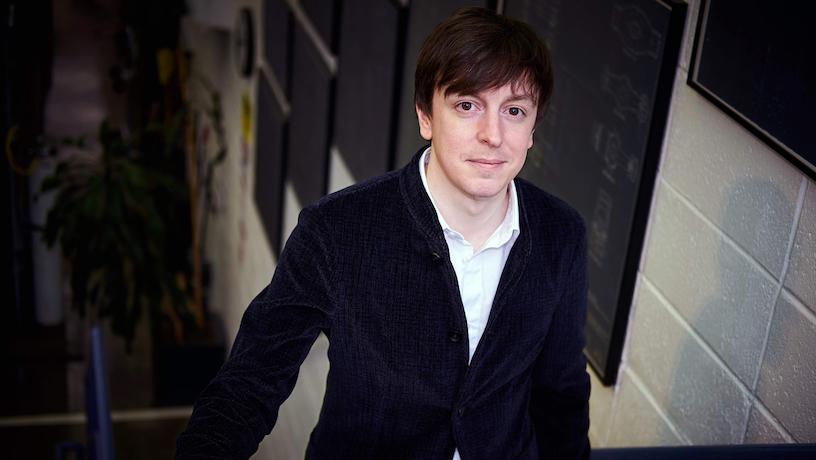Marco Giometto Wins ECP Award
He will use the funding to develop a framework for calculating the uncertainty of fine-scale wind predictions in and above cities.

Marco Giometto
Assistant Professor of Civil Engineering and Engineering Mechanics Marco Giometto recently won an Early Career Program (ECP) award from the Army Research Office, a directorate of U.S. Army Combat Capabilities Development Command Army Research Laboratory. This prestigious award is designed “to attract outstanding early career university faculty members to pursue fundamental research in areas relevant to the Army, to support their research in these areas, and to encourage their teaching and research careers,” according to the ARO.
The $360,000 award will fund a three-year project to improve numerical models that predict wind conditions within and above urban areas. Specifically, Giometto will develop a methodology for quantifying the uncertainty of these forecasts. His team will integrate large eddy simulations (LESs), Lidar measurements of urban surfaces, and in situ experimental measurements to create a framework for uncertainty quantification.
“Findings from this project will provide a more nuanced understanding of how surface morphology affects the aerodynamic properties of urban environments and open a fruitful pathway for the development of improved predictive models for the study of urban climate,” Giometto says.
Marco Giometto focuses on the fundamentals of turbulence and its impact on the transport of mass, energy, and momentum in engineering and environmental systems. He received his BS and MS degrees in civil engineering from the University of Padua (2010) and a joint PhD in civil and environmental engineering from Braunschweig TU University and the University of Florence (2014).
In 2016 he earned a second PhD in mechanical engineering from École Polytechnique Fédérale de Lausanne, where he won the EDME Award for the best thesis in mechanical engineering. Before joining Columbia University in 2018, he held postdoctoral positions at the University of British Columbia and at the Center for Turbulence Research, which is jointly operated by Stanford University and NASA Ames.
